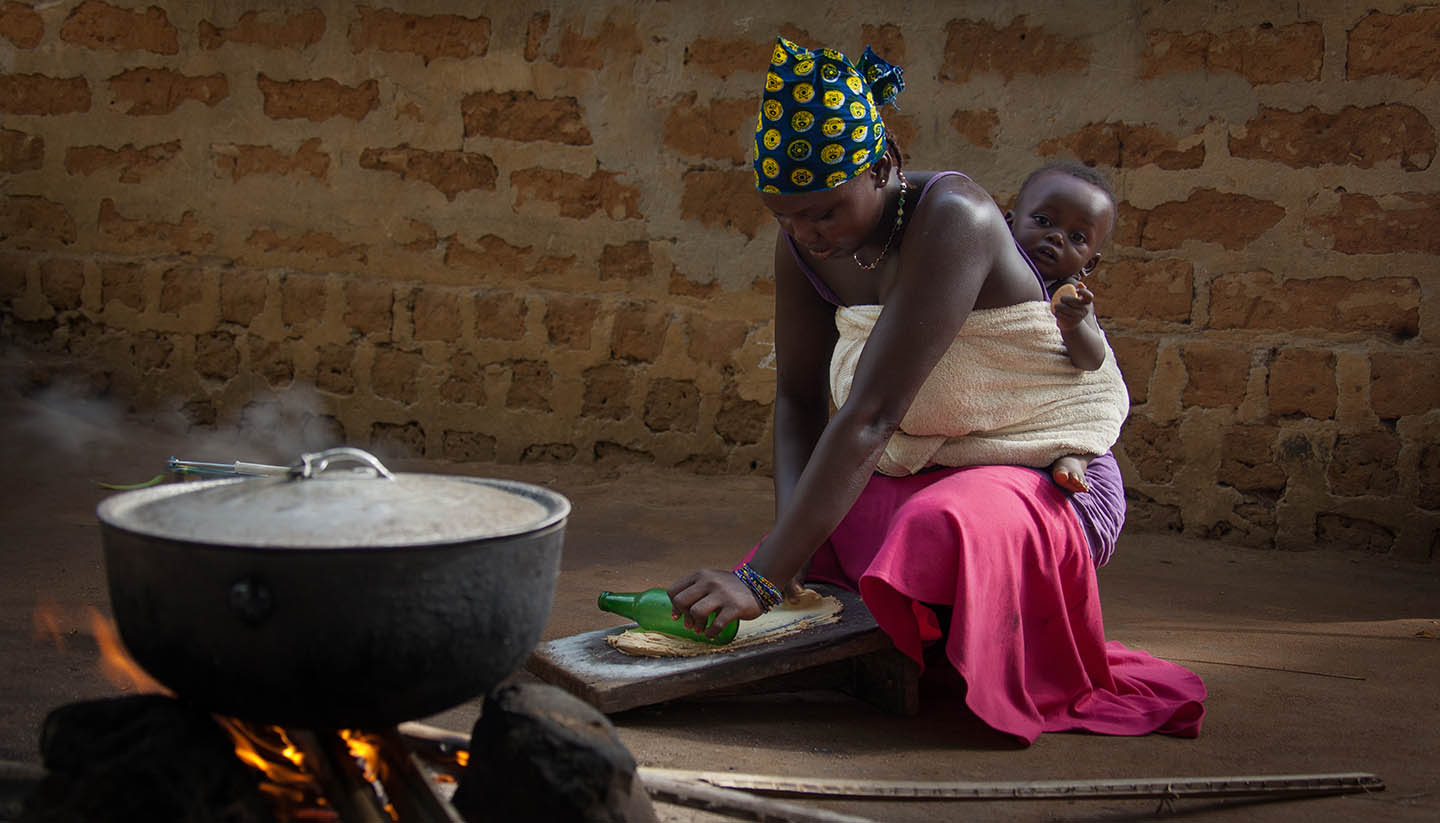Sierra Leone: Doing business and staying in touch
Doing Business in Sierra Leone
English is the most common language in business circles. Punctuality is not necessarily expected, especially when it is due to being stuck in traffic. Casual clothing is acceptable for business meetings.
Office Hours
Mon-Fri 0800-1200 and 1400-1700.
Economy
Following a permanent end to the country's debilitating civil war, Sierra Leone was able to start rebuilding its shattered economy. With an annual per capita income of just US$1381, it is one of the world's poorest countries. It is ranked 181st in the 2019 UN Human Development Index.
The agricultural and mining sectors were particularly badly hit by the fighting. Agriculture employs over two-thirds of the workforce who grow coffee, cocoa, palm oil and cashew nuts as cash crops along with rice and cassava as staples. The fishing industry is also important.
The principal industrial activity is mining: the country has some of the world's most valuable diamond mines, as well as deposits of gold, bauxite and titanium ore. Diamonds have proved as much a curse as a blessing, as much of the civil war fighting was motivated by control of the mines and both the government and the rebel forces relied on the revenues to sustain their war efforts. The remainder of the industrial sector is devoted to mineral and ore processing, as well as some light manufacturing of consumer goods such as textiles and furniture.
Sierra Leone's other major economic asset is one of the world's largest natural harbours, which the government is hoping to develop as a hub for international and transit trade for the whole of the region.
Since the end of the war, the economy has grown healthily at between 4 and 7% annually until 2012, where it is estimated to have increased to 21.3%. Economic growth slowed to 3.5% in 2018 but increased to 5.0% in 2019. Inevitably, Sierra Leone still depends on large injections of foreign aid to support the economy, and the IMF and World Bank have been involved in the government's reconstruction plans.
Sierra Leone is a member of the African Development Bank and the West African trading bloc ECOWAS.
GDP
US$3.612 billion (CIA, 2017 est.)
Main exports
Iron, titanium, diamonds, cocoa, rough wood and fish.
Main imports
Machinery and equipment, foodstuffs, metals and personal care products.
Main trading partners
China, Belgium, the Netherlands, India and Romania.
Keeping in Touch in Sierra Leone
Telephone
Public telephones are available in major towns, but landline coverage is very unreliable.
Mobile Phone
Mobile telephone coverage extends all over Sierra Leone, however, is stronger near major towns and villages where the mobile phone masts are. The major telephone companies are Orange, Africell and Sierratel.
Internet
There are internet cafes all over Freetown, Bo and Kenema where internet access is constant but slow. In 2013, a fibre optic cable was introduced to Sierra Leone to increase the coverage and range of internet connectivity in the country. USB modems are also available from the major mobile phone providers and are an easy, but relatively expensive, way of connecting to the internet.
Media
Media freedom in Sierra Leone is limited, especially when it comes to reporting corruption; Broadcasters face many challenges, such as unreliable electricity supplies, a shortage of funds and a lack of advertising revenue. The Sierra Leone Broadcasting Corporation (SLBC) was created in April 2010 and operates television and radio services. There are a number of other radio providers; private stations include Kiss FM and SKYY Radio and FM relays of BBC World Service, and Radio France Internationale are on the air in Freetown. Freetown-based newspapers include Awoko, The Standard Times and Concord Times.
Post
Airmail to Western Europe takes about five days. A number of international and local postal/courier services operate in Sierra Leone.
Post Office hoursMon-Thurs 0900-1700.


